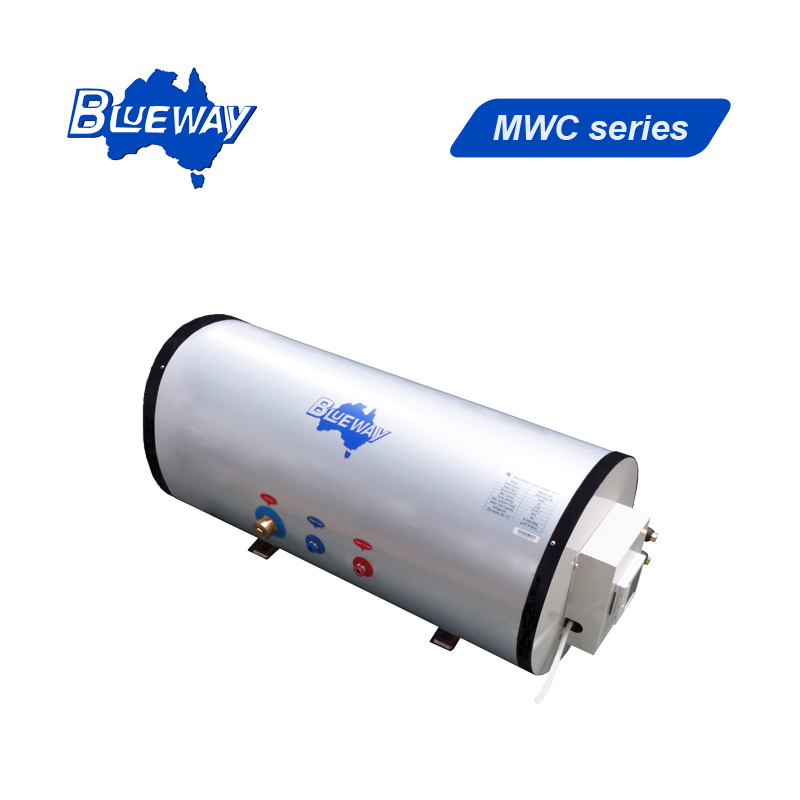What Is a Heat Pump and Why Is It an Efficient Choice for Heating and Cooling?
2025-07-17
In the search for energy-efficient and eco-friendly climate control solutions, the heat pump has emerged as one of the most versatile and cost-effective technologies available today. Widely used in residential, commercial, and industrial settings, heat pumps provide both heating and cooling in a single system—making them a smart alternative to traditional HVAC equipment.
What Is a Heat Pump?
A heat pump is a device that transfers heat from one place to another using electricity. Instead of generating heat by burning fuel (like a furnace or boiler), it moves heat—either extracting it from the air, ground, or water outside and transferring it indoors (for heating), or removing heat from indoors and releasing it outside (for cooling).

Types of Heat Pumps
1. Air Source Heat Pump (ASHP)
Extracts heat from the outside air.
Most common and easy to install.
Suitable for moderate climates.
2. Ground Source (Geothermal) Heat Pump
Uses the stable temperature of the ground.
High efficiency, ideal for cold regions.
Requires underground installation.
3. Water Source Heat Pump
Transfers heat from a nearby water source (lake, river, or well).
High efficiency but site-specific.
4. Hybrid or Dual-Fuel Heat Pump
Combines a heat pump with a backup gas furnace.
Maximizes energy savings based on temperature conditions.
How Does a Heat Pump Work?
A heat pump operates using the refrigeration cycle:
In heating mode: It absorbs heat from outside (even in cold weather) and moves it inside.
In cooling mode: It works like an air conditioner, extracting indoor heat and releasing it outdoors.
Key Benefits
1. Energy Efficiency
Heat pumps use electricity to move heat, not generate it, resulting in up to 300% efficiency in some models—saving significantly on energy bills.
2. All-in-One Function
Provides both heating and cooling, reducing the need for separate systems.
3. Environmentally Friendly
Generates fewer greenhouse gas emissions compared to traditional heating systems, especially when powered by renewable electricity.
4. Low Maintenance
Modern heat pumps require minimal maintenance and offer reliable year-round performance.
5. Long-Term Cost Savings
Though the initial cost can be higher, the long-term energy savings often result in a quick return on investment.
Common Applications
Residential homes and apartments
Commercial buildings and offices
Industrial heating and cooling systems
Swimming pool water heating
Hot water supply in hotels, hospitals, and schools
Considerations Before Buying
Local climate (colder areas may need models with low-temperature performance)
Heating and cooling load requirements
Installation space (indoor and outdoor units)
Energy efficiency ratings (COP, SEER, HSPF)
Available incentives or government subsidies
Conclusion
Heat pumps are transforming the way we approach indoor climate control by offering energy-saving, eco-friendly, and dual-function solutions. Whether you need to heat a home, cool a workspace, or warm up a swimming pool, a heat pump is a smart, sustainable investment for the future.


